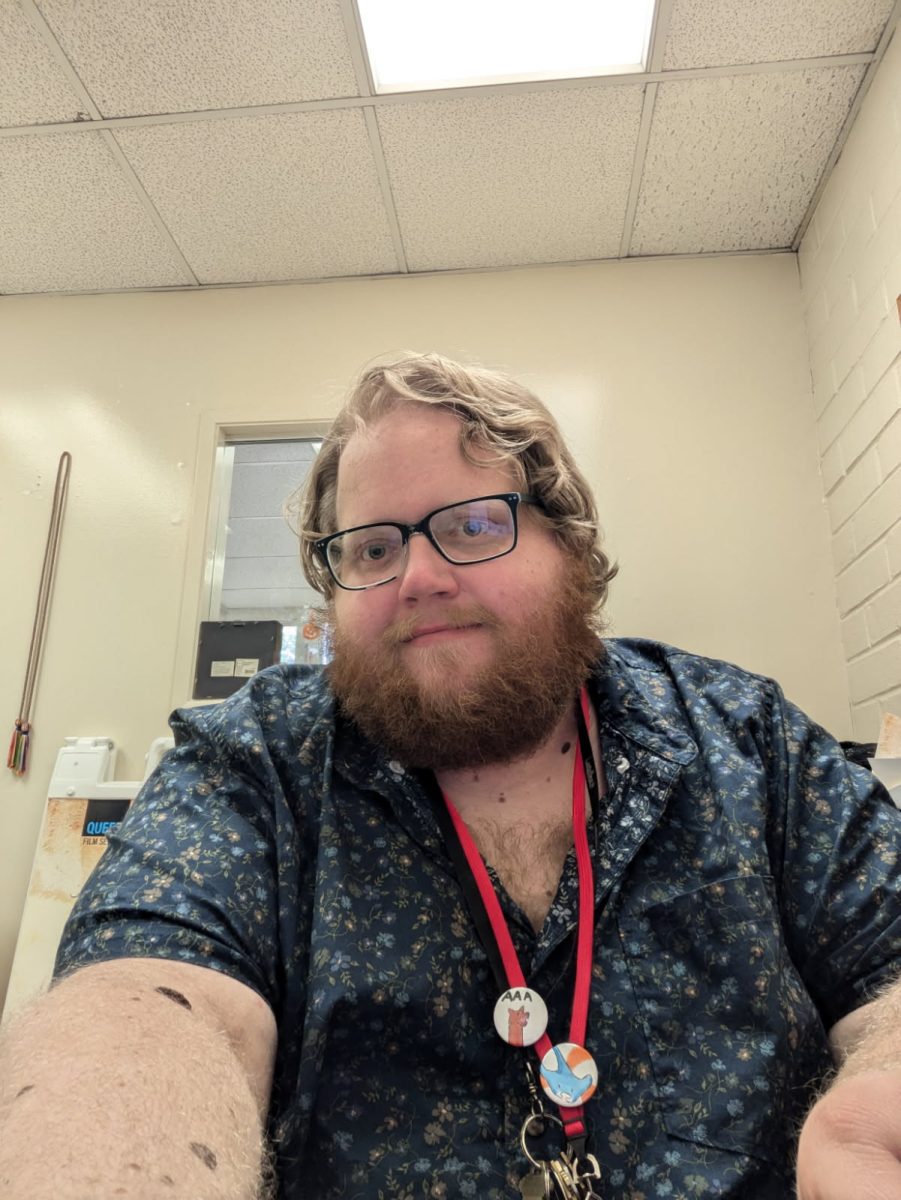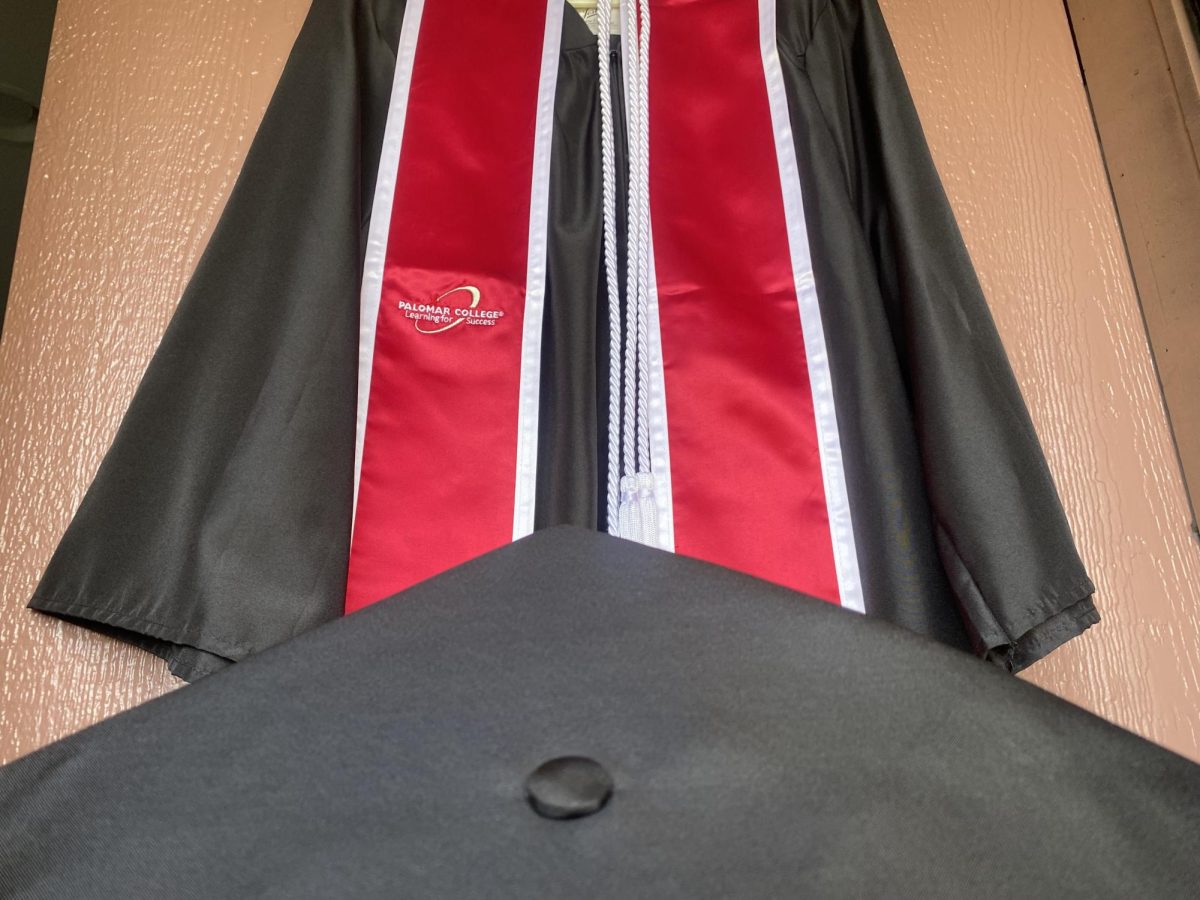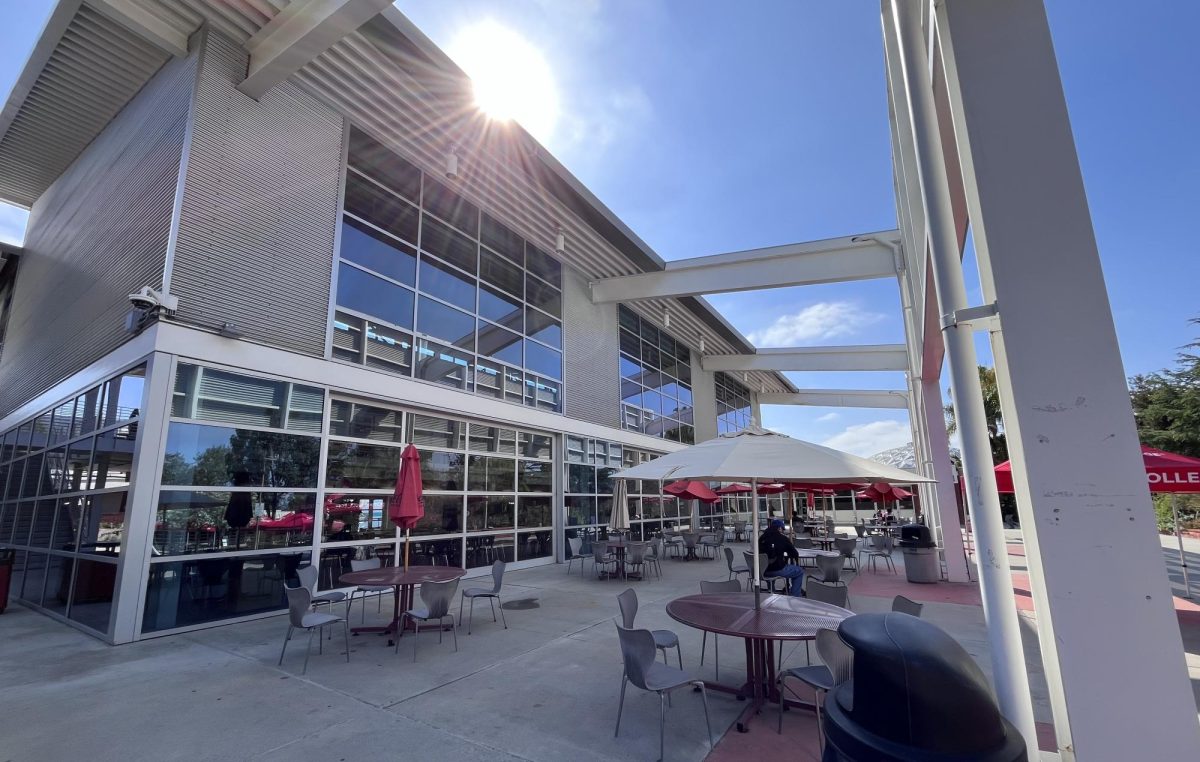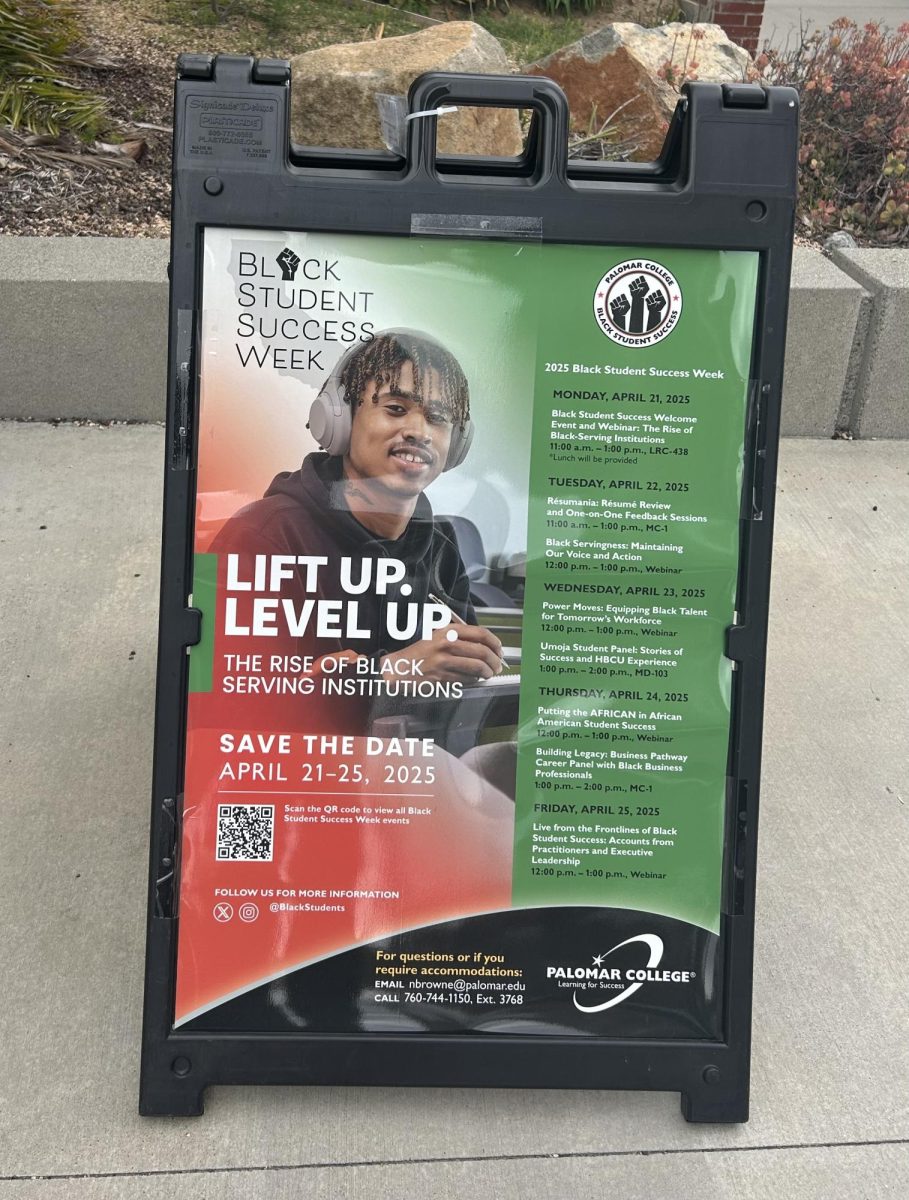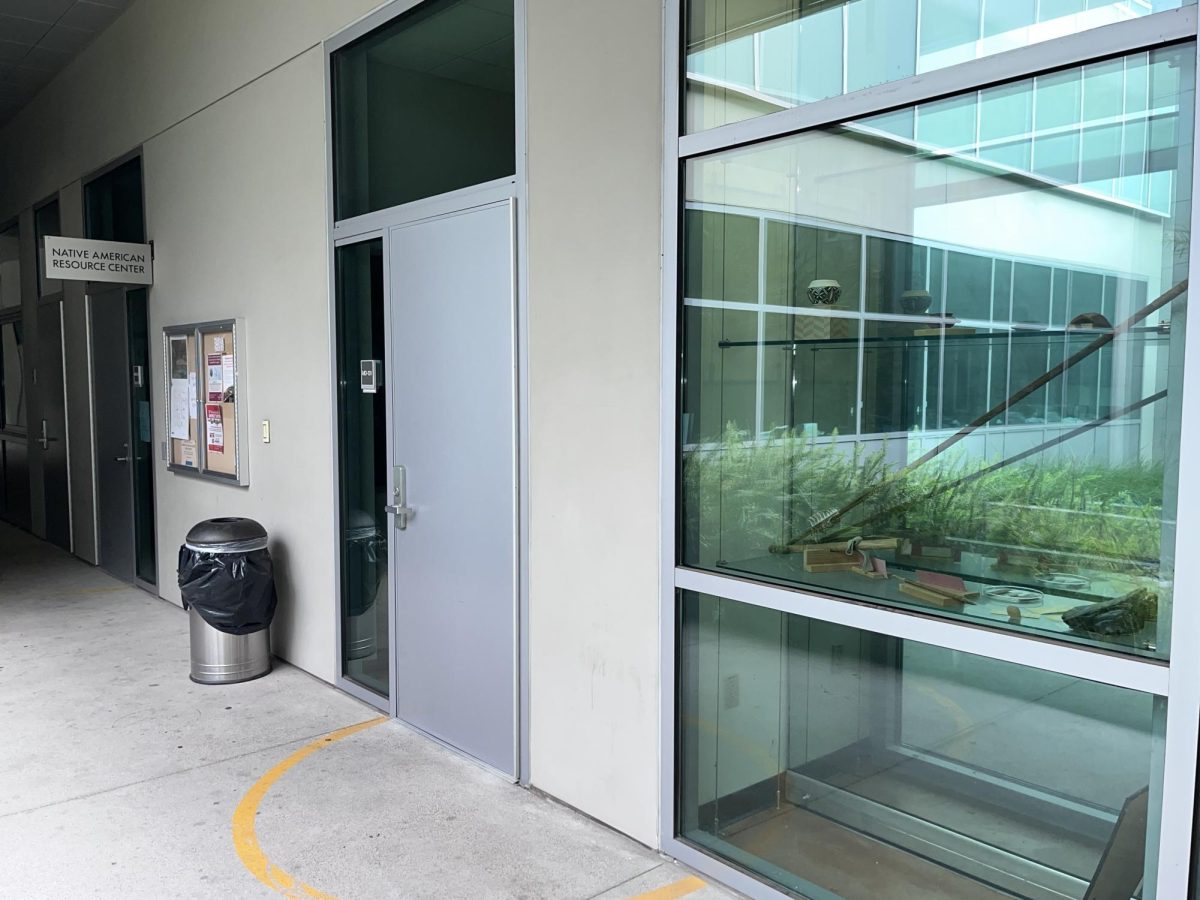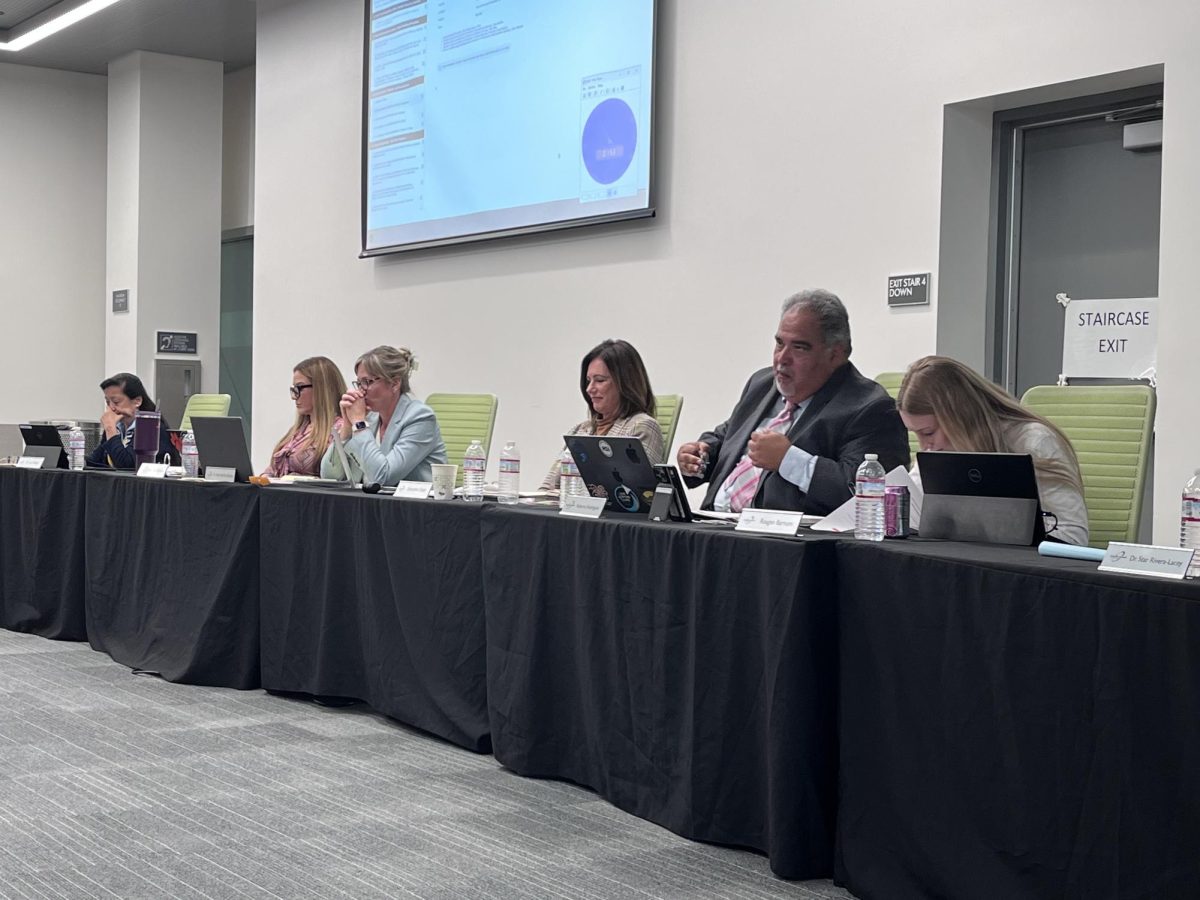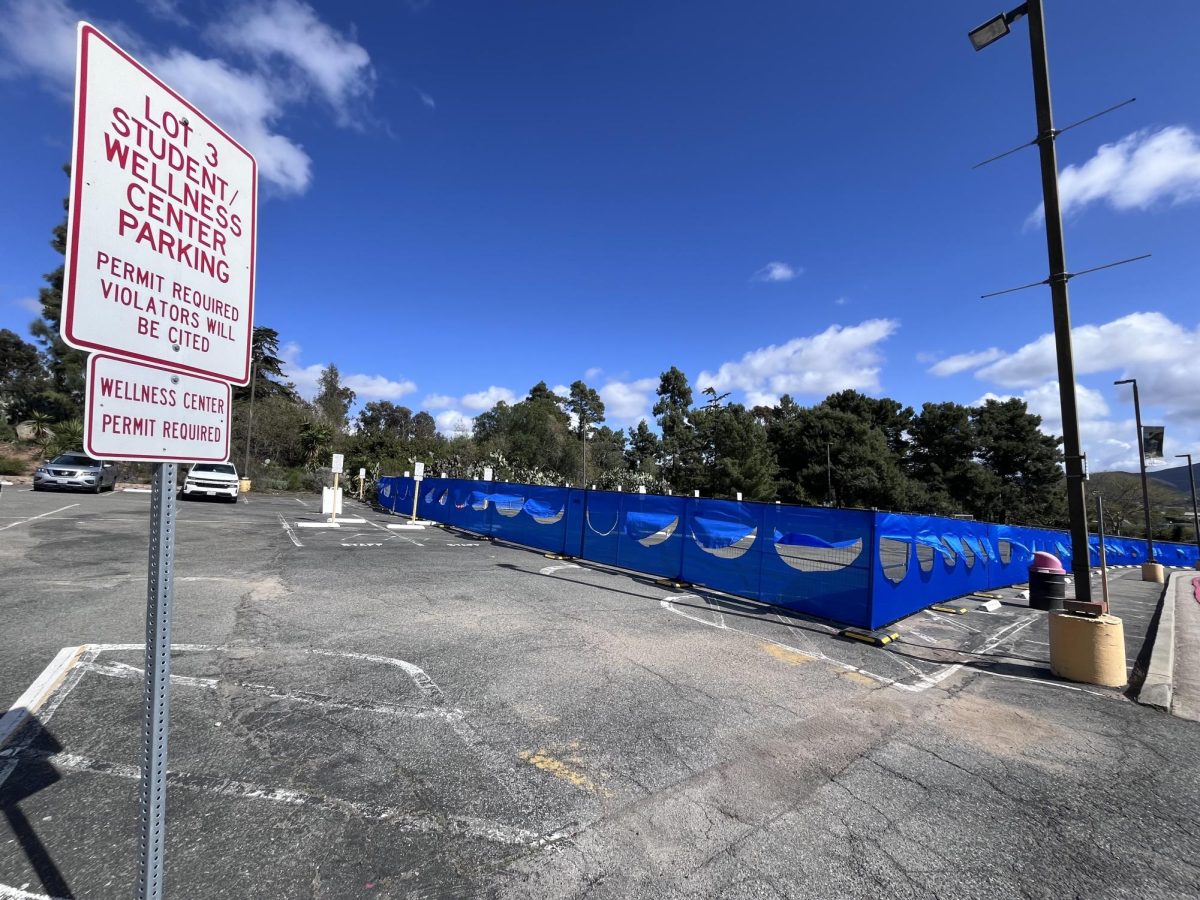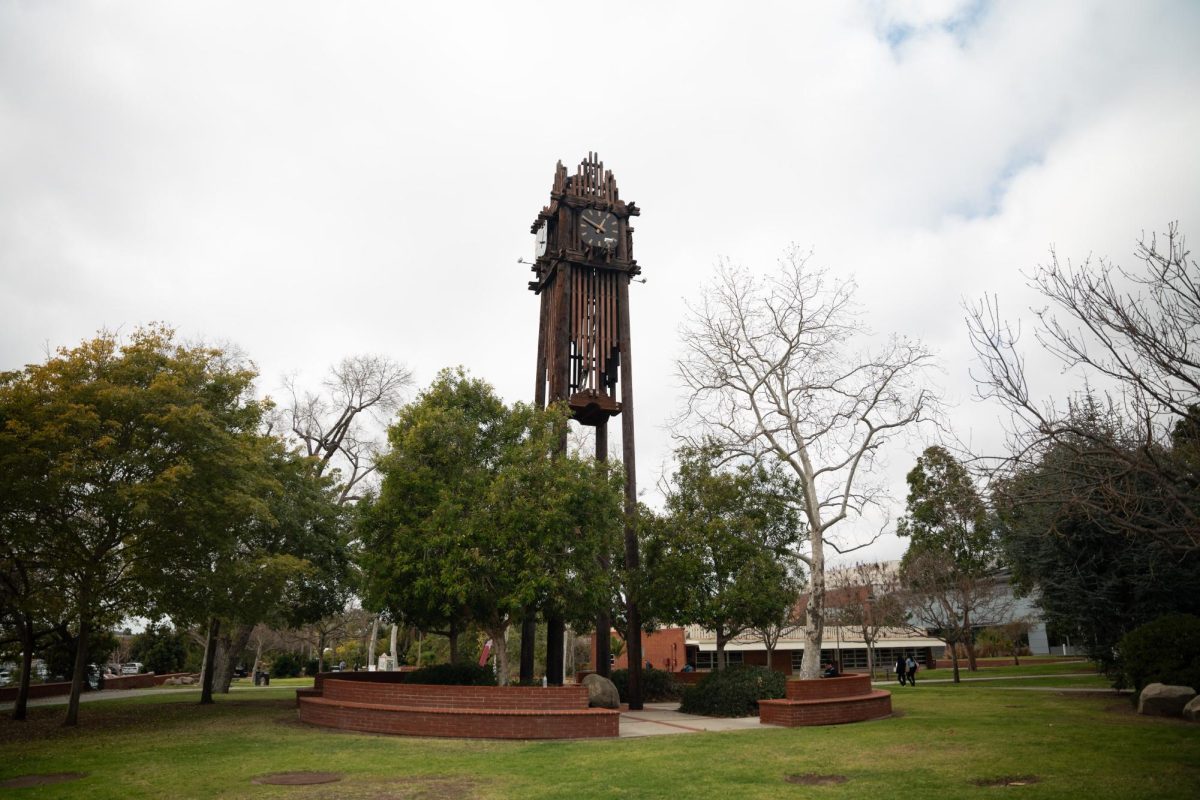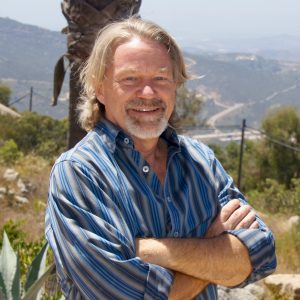
John Santhoff is running for District #4 of the Palomar Community College District Governing Board.
After leaving the Airforce Reserves, Santhoff successfully built his technology company known as Pulse~LINK. He would like to build a bridge between Palomar’s STEM program and local technology companies, as well as help resolve the school’s financial problems.
“I’ve always been very community-minded,” Santhoff said.
The Telescope: What is your educational and career background?
Santhoff: I was in the Air Force and got my degree while I was in the Air Force in avionic systems.
I have been a businessman since I got out in 1989. I founded a couple of different defense contracting companies. Probably the most successful one is a microchip semiconductor company back in 2000 that’s out in Carlsbad called Pulse~LINK. I retired from there in 2017.
Today I run a cable internet company that services Rancho Santa Fe, parts of Escondido and Vista. So [I’m] basically a technology businessman and I got a lot of my technical training while I was in the Air Force in avionic systems.
The Telescope: Why are you running and why should students vote for you?
Santhoff: I’ve always been very community-minded, but in particular when I was acting as the chief technical officer for Pulse~LINK, one of the things that always vexed me was, why can’t we find local candidates to fill a lot of these technical positions? So when I started looking around, I decided that maybe at the community college level we needed to start sparking things with the STEM, science, technology, engineering and math type of curriculum to act as a feeder into these companies.
I’ve also spoken with some other people that are in technology companies, like Broadcom-Qualcomm, and they’ve said the same thing. They said they would love to hire people locally and they have the same challenge. One of the reasons why I’d like to do this is I’d like to be able to try to promote a STEM curriculum at these colleges, so that we can act as a feeder right into a lot of these local technology companies. And not just in the semiconductor industry, but in biotech, which I think is going to be bigger locally in the long run.
The Telescope: What is your ultimate campaign promise and goal?
Santhoff: I have two main campaign promises. One of them is I want to promote the STEM technology to act as a feeder and a lot of the technology companies. [But] it’s a moot point if we’re not financially solvent. And one of the things that I believe that I can bring here is I have administered multi-million dollar budgets for a very long time, and I believe I have pretty good fiscal responsibility.
When I look at Palomar’s current financial situation, it’s not exactly as solid as we’d all like to see it. So one of the things I’m hoping to bring here as a campaign promise is to address these financial issues that are plaguing the college right now and get it on a solid financial footing, so that we can promote things like a STEM curriculum and other types of curriculum. If we’re not financially sound the college is going to cease to exist. That’s the bottom line.
The Telescope: What is your history with Palomar and why is the college important to you?
Santhoff: I have little history with Palomar. My kids are all grown, and I moved here in 2000, and most of my kids have already grown and gone. But my interest in Palomar is that it is a community college. I consider myself part of the community, and I see Palomar as being critical going forward for the health of the community. If we provide a good solid foundation at the community college level, it services the whole community.
The Telescope: How much time do you spend talking to students and trying to understand their needs and concerns through conversation with them?
Santhoff: It’s interesting because I have not had a history with the college. As soon as I decided that I wanted to run, I actually physically went out to all the campuses because I wanted to see what the facilities look like, I wanted to see what the whole college system looks like as a whole and you guys are shut down [due to COVID-19].
I wasn’t able to really interact with a lot of students there. [But] I did interact with a few. There was a young lady I met that was in fashion design, there were some other people. But the reality is that because the campuses have been shut down, I haven’t really been able to have that much interaction with the students. But I look forward to that in the future.
The Telescope: How do you plan to maintain a strong connection with the student body after the election?
Santhoff: Assuming that this lockdown ends at some point here in the next six months or so, I’m very hands-on and one of these guys that [tends to] jump in with both feet and just figure it out and make it happen. And I’m so once this lockdown is over, I’ll be able to have the opportunity to actually go out there and meet with a lot of the students. Right now those opportunities are very limited. But I believe in going out and just engaging directly with the students and the faculty as well. But it’s all really going to be contingent on if and when this lockdown ends anytime soon.
The Telescope: What do you believe students’ biggest problem is, and how would you help fix it?
Santhoff: When you say the biggest problem, I think that’s going to vary by the student. [For] some people it’s going to be a financial issue, [for] some people it’s going to be getting remedial training and schooling.
So that’s really kind of a tough question that I think is going to be student independent, and I think the best way to answer that question is going to be when I actually get out there and I meet with a lot of these students. I’ll tell you one that pops to my head, and it was because I met somebody that was in fashion design.
Although I’m very supportive of the financial aid and the loans we provide a lot of the students, I have a concern that a lot of times because these student loans have been made so easy to get that people sometimes go in there without a clear idea of exactly what it is they want to get a degree for and be able to monetize that.
And I think a great example is myself many years ago, when I entered community college. The first year I was in school I was a music major, not because I planned on a music career, but because I love music and I wanted to learn everything about it and I was taking music theory, orchestration [and] composition. And one day I was sitting around the student union talking with other students and everybody was saying what they wanted to do with their degree. When they asked me what I wanted to do, I had a realization that I was taking classes in music theory and music composition because I love music, but what the heck was I going to do with that degree once I got it? And then that’s when it hit me that I didn’t really have a plan on how I was going to monetize that degree when I got out. And that was when I started thinking about that and I switched to engineering.
I think there’s a lot of students because we make it so easy to go in there and to get funding and to go to college. I’d like to see more students at the counseling level when they’re starting out, get recommendations on how they’re actually going to monetize their degree and turn that into money. Because at the end of the day, are you going to be able to monetize [your degree] and make a living and pay back those student loans? So that’s really a big concern of mine.
The Telescope: What do you believe the role of The Telescope is on campus, and how is it important to the school and the community?
Santhoff: There is a community and a culture at any type of a group like a college, and it’s important for everybody to be able to communicate with each other and understand what’s going on in the environment there on the campus. As with any newspaper, [it’s] not just with The Telescope, but with any community paper that services, it’s the binding glue that holds it all together.
The Telescope: How will you help improve Board relations with faculty?
Santhoff: That’s a good question because I haven’t met with them yet. I haven’t been elected yet so I haven’t really developed those relationships, but I’m a people person. I jump in with both feet, and I figure it out and make it happen. Until I meet with these people one-on-one and fully understand what the challenges are there, I don’t have a good answer for that. Other than I’m going to be engaging, I’m going to be open to conversations, so I can know what’s going on there and what the challenges are with the faculty and between the faculty and the Board.
The Telescope: How do you plan to help resolve the school’s current financial situation?
Santhoff: The fiscal responsibility and making sure that we get value for the money that we spend. I think a great example is the million dollars they spent on the president’s suite there at the library.
Expenditures like that never should have happened. Going through and really scrutinizing a lot of these expenditures, I think there could be a lot of savings there. It’s not always popular being the guy that wields the knife on the budget, but you really just want to make sure that every single dollar that’s being spent is actually bringing value to the college. That’s really fiscal responsibility, and that’s what I would bring to it. Having owned multiple businesses and having overseen budgets, I have a good idea of how to do that.
The Telescope: Is there anything you would like to add?
Santhoff: No, you guys have done a good job covering that. But it was all good.
For more information about Santhoff, visit his website.

